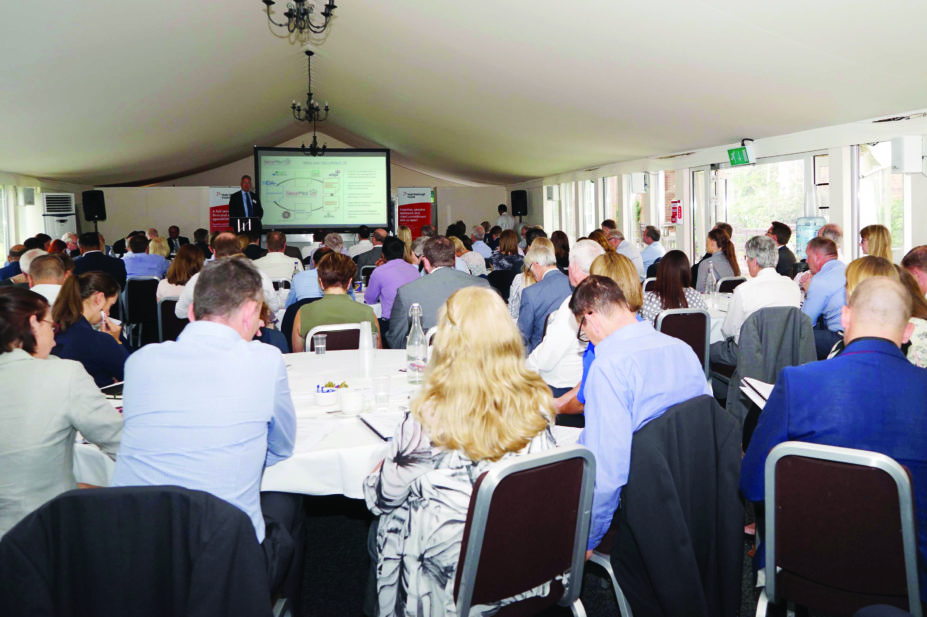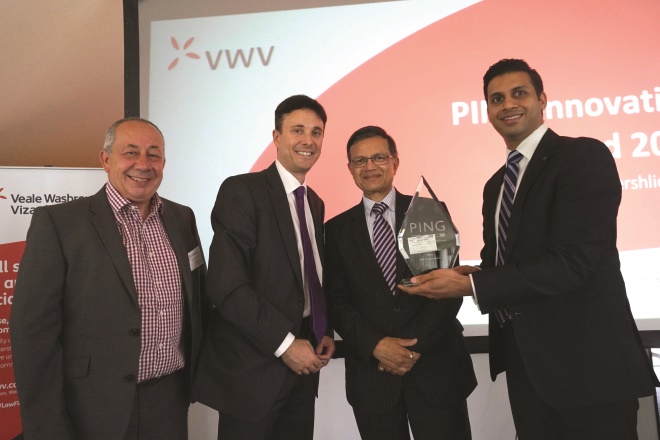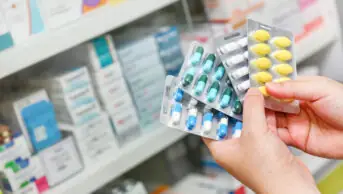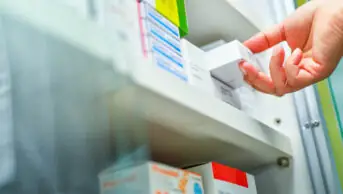
Courtesy of Pharmaceutical Industry Network Group (PING)
With a year and a half to go until full implementation of the Falsified Medicines Directive (FMD) on 9 February 2019, pharmacists from across the sectors gathered at the Pharmaceutical Industry Network Group (PING)’s latest seminar to discuss the impact of the legislation.
The event, held on 4 July at Hunton Park Hotel, Watford, opened with Yogesh Davé, director of Cypress Quality Consultancy, quoting Jim Herrington — executive director of the Gillings School of Global Public Health, North Carolina — who in 2015 said drug falsifiers “are in fact murderers”.
Between 100,000 and 1 million people each year are estimated to die worldwide as a consequence of taking falsified medicine, Davé told delegates. Legal penalties for trading in falsified medicines are comparatively low, Davé said, making them an attractive proposition for criminals.
New challenges
If counterfeit medicines are found in a UK retail pharmacy, said Warwick Smith, director general of the British Generic Manufacturers Association, then someone, somewhere, has done business with a criminal.
You only do business with manufacturers and suppliers that are known, he added, regardless of how good the packaging is. Warwick went on to discuss the challenges FMD presents with regard to generic medicines, one of which is the complexity that arises when several businesses are involved in drug production.
Parallel importers face new challenges too, said Richard Freudenberg, secretary general of the British Association of European Pharmaceutical Distributors. For one, repackaging of a medicine is considered, under FMD, as a manufacturing process, and so parallel distributors will be subject to the same legal obligations as drug producers.
Brexit and FMD
Jerome Bertin, general manager of SecurMed UK — a not-for-profit legal entity charged with establishing and managing the UK Medicines Verification System (UK MVS) — said that the number of UK MVS end users, including community pharmacists, hospitals, GP practices and wholesalers, will exceed 100,000. A pilot of the UK verification process, spanning the whole drug supply chain, will begin in early 2018.
Bertin also reminded delegates that until exit negotiations are completed between the UK and the EU, the sector must meet all obligations under EU law, including implementation of packaging safety features. SecurMed, he said, has been instructed to continue with full FMD implementation.
Jane Millward, head of supply chain at Roche Pharmaceuticals, also said that in her view, the sector needed positive endorsement from the UK government that FMD obligations will continue even following the UK’s departure from the EU.
The community pharmacy view
Finally, Gareth Jones, head of corporate affairs at the National Pharmacy Association, presented the opportunities and challenges FMD implementation presents for community and hospital pharmacists. Besides the reduced risk of counterfeit medicines being given to patients, Jones said that FMD also has the potential to reduce dispensing errors and improve stock control.
He foresees challenges, though, in its introduction — including staff costs and additional training needed, changes to the dispensing flow and the disruption presented by temporary system failure.
He ended by pointing out that there is only a six- or seven-week gap between full implementation of FMD, and the UK’s departure from the EU: will we keep FMD, he asked, or move towards another verification system?
FMD innovation — PING award for Sigma Pharmaceuticals
On a celebratory note, the seminar saw the awarding of the PING Innovation Prize to Sigma Pharmaceuticals PLC, for their design and assembly of a full FMD-compliant production process at their Watford site. “What really impressed us was that Sigma has already implemented FMD into its processes in the new premises as ‘normal’ from the launch date,” said Paul Gershlick, partner at Veale Wasbrough Vizards (VWV) LLP.

Source: Courtesy of Pharmaceutical Industry Network Group (PING)
Sigma Pharmaceuticals received the PING Innovation award for their FMD-proof production line. From left to right: Paul Witcombe, representative of Hertfordshire LEP; Paul Gershlick, partner at VWV; Bharat Shah, co-founder and director of Sigma Pharmaceuticals and Hatul Shah, director at Sigma Pharmaceuticals
“In a recent inspection by the MHRA to sign off the new premises as fit for purpose, they highly commended Sigma for including this new directive into the mainstream operation. We understand that this is the first of its kind and whether there is actually anyone else doing something similar, what Sigma has done is certainly innovative and ahead of the game.”
About PING
PING, based in Watford, acts as a discussion and support forum for people working across the pharmaceutical supply chain. The group was established by VWV’s Pharma & Life Sciences team, led by Paul Gershlick, in 2010, and hosts annual seminars on themes pertinent to the sector.
“We try to help our clients and others we know in the sector by putting together our contacts and providing a forum to learn from each other on topics of key importance”, said Gershlick.
“We started with a meeting of seven people from across the supply chain in 2010, and the group has grown hugely by word of mouth. So much good is done from people in the pharmaceutical supply chain, from manufacturers right through to pharmacists, and we want to do our bit to help them to help society.”
The seminar was supported by VWV and Hertfordshire Local Enterprise Partnership.


